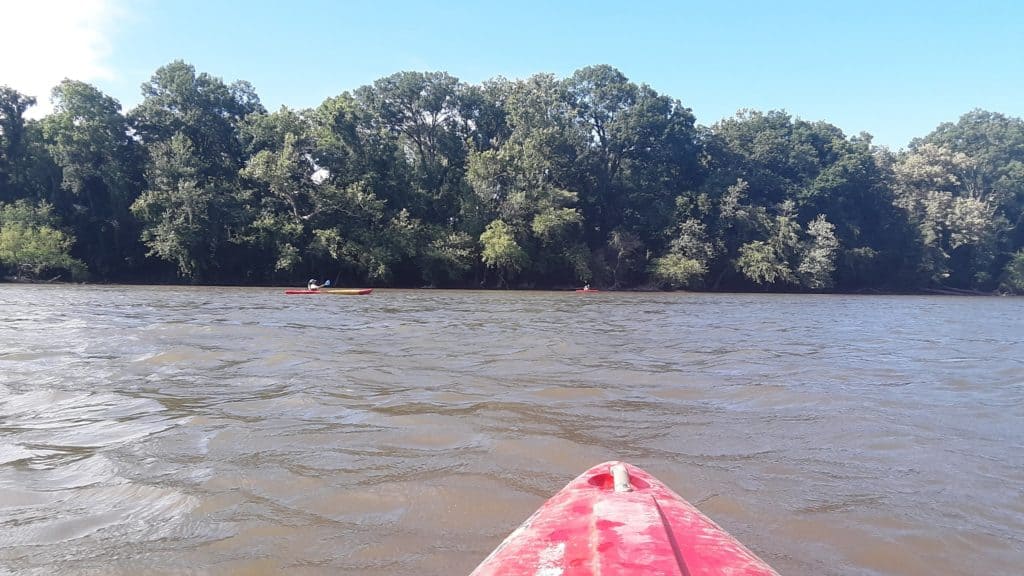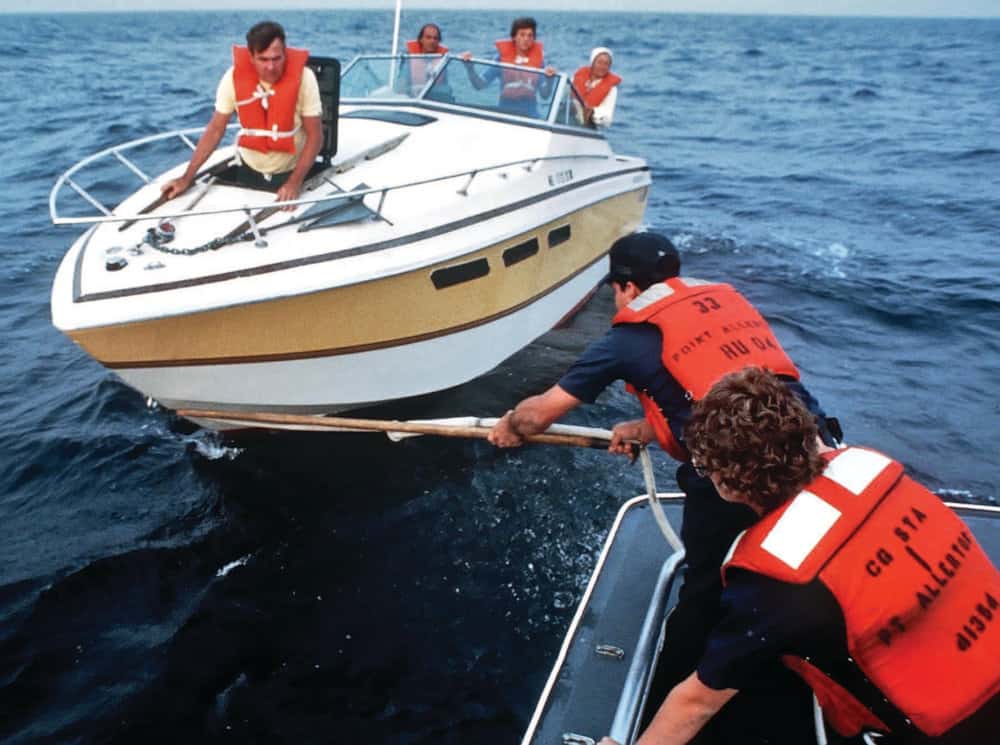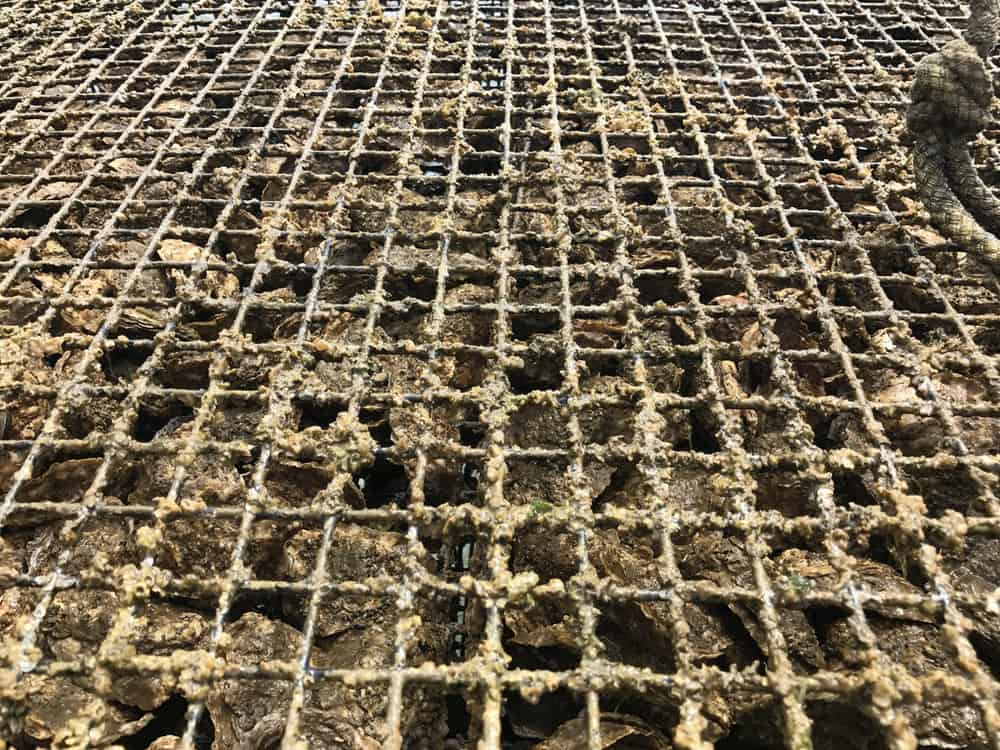Editor’s Note: Writer Emma Johnson is Bay Bulletin’s new summer intern! Emma is a Master of Environmental Management candidate at the Yale School of Forestry & Environmental Studies. This week, she paddles with the Potomac Riverkeeper organization.
On a beautifully clear and breezy Friday afternoon, ten women joined four of the Potomac Riverkeeper’s staff for Women on the Water, the kickoff to this summer’s RiverPalooza.
Photo: Emma Johnson
Designed to encourage people to appreciate their nearby waterways, RiverPalooza gets locals to make meaningful connections with the Potomac. This summer will also bring chances to paddle with an Indian tribe and even snorkel.
At the Women on the Water paddle, Potomac Riverkeeper Network President Nancy Stoner and Vice President of Development Emily Franc led the charge. For an eight-mile stretch along the Potomac Heritage National Scenic Trail, paddlers talked with Riverkeeper staff about protecting local rivers.
“Women are the drivers for a lot of change,” Franc remarked to the group. “This is the opportunity for us to connect and talk about what we are interested in and what we care about. We make better connections when we can actually get on the river.”
The impact of the Potomac Riverkeeper Network is far reaching: according to their 2018 Annual Report, their three Riverkeepers patrolled 1,100 river miles and helped keep one million pounds of heavy metals and industrial pollutants from washing into the Potomac and Shenandoah rivers.
The Network just launched a new citizen science pollution monitoring program a few weeks ago, in which volunteers can help collect water quality data at three sites in Alexandria, Virginia.. Researchers analyze samples at the lab on Sea Dog, their new patrol boat in National Harbor. Bay Bulletin has more on Sea Dog here. The results are posted on the nationwide water quality website, Swim Guide. Over 30 sites in the D.C. area are included.
The District uses a combined sewer system, which means that if there are heavy rains, raw sewage can run straight into the Potomac or Anacostia Rivers. Sewage can carry E-coli or other potentially-harmful bacteria, so water quality testing is important for human health.
“When people are interested and involved, they are better stewards,” Bronez remarked when discussing the impacts of this new program. To see the water quality at a beach or body of water near you, click here.
The RiverPalooza festivities are a great way to learn about the Riverkeeper’s work and are just getting started: still to come are paddles in and around the DC area, snorkeling in the Shenandoah, a collaborative paddle with the Piscataway Kanoi Native American tribe, and RioPalooza – a celebration of the Shenandoah River and Latino Conservation Week. For more on RiverPalooza, click here.
-Emma Johnson



